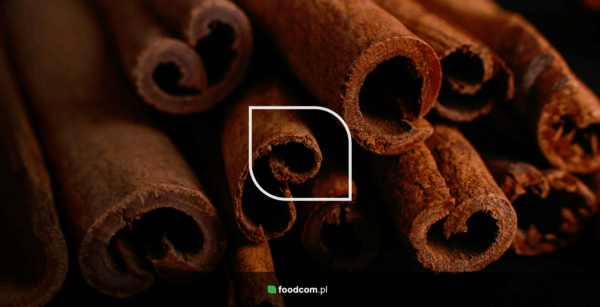IBC – what is it?
IBC stands for “Intermediate Bulk Container”. It is a reusable industrial container designed for the efficient transport and storage of bulk liquids and granulated substances. Typically made of high-density polyethylene (HDPE) and mounted on a pallet for easy handling, IBCs offer a robust and cost-effective solution for handling large quantities of products without the need for excessive packaging. Given their versatility, IBCs are widely used across industries to ensure product integrity, safety, and efficient logistics.
Most common questions
1. How do IBCs benefit the food industry?
IBCs are crucial for the food industry due to their hygienic design and ability to maintain product freshness. They are often used to transport liquids like juices, oils, and syrups. The sealed environment of an IBC ensures that the contents remain uncontaminated during transport and storage, making it an ideal solution for preserving the quality of food-grade liquids.
2. Are there different types of IBCs?
Yes, there are various types of IBCs designed to cater to specific needs. The most common type is the plastic composite IBC, usually made of HDPE. There are also steel and stainless steel IBCs, which are used for certain specialized applications requiring additional strength or chemical resistance.
3. How do IBCs compare to traditional barrels or drums?
IBCs offer several advantages over traditional barrels or drums. They typically have a larger capacity, often holding up to 1,000 liters or more. This larger volume reduces the number of containers required for transport, leading to cost savings. Additionally, the integrated pallet base of IBCs makes them easier to handle, stack, and transport.
4. Are IBCs environmentally friendly?
IBCs are designed for reuse, making them an environmentally sustainable choice when compared to single-use containers. After emptying, they can be cleaned and refurbished for multiple cycles of use, thereby reducing waste and the environmental footprint of packaging materials. Moreover, at the end of their life cycle, many IBC components can be recycled, further promoting sustainability.
5. How does Foodcom S.A. ensure the quality of IBCs it deals with?
Adhering to its commitment to quality and safety, Foodcom S.A. only engages with reputable IBC suppliers and manufacturers. The company conducts thorough checks to ensure that all IBCs meet international standards, are aptly suited for the intended products, and are in impeccable condition to maintain product quality and safety during storage and transport.





